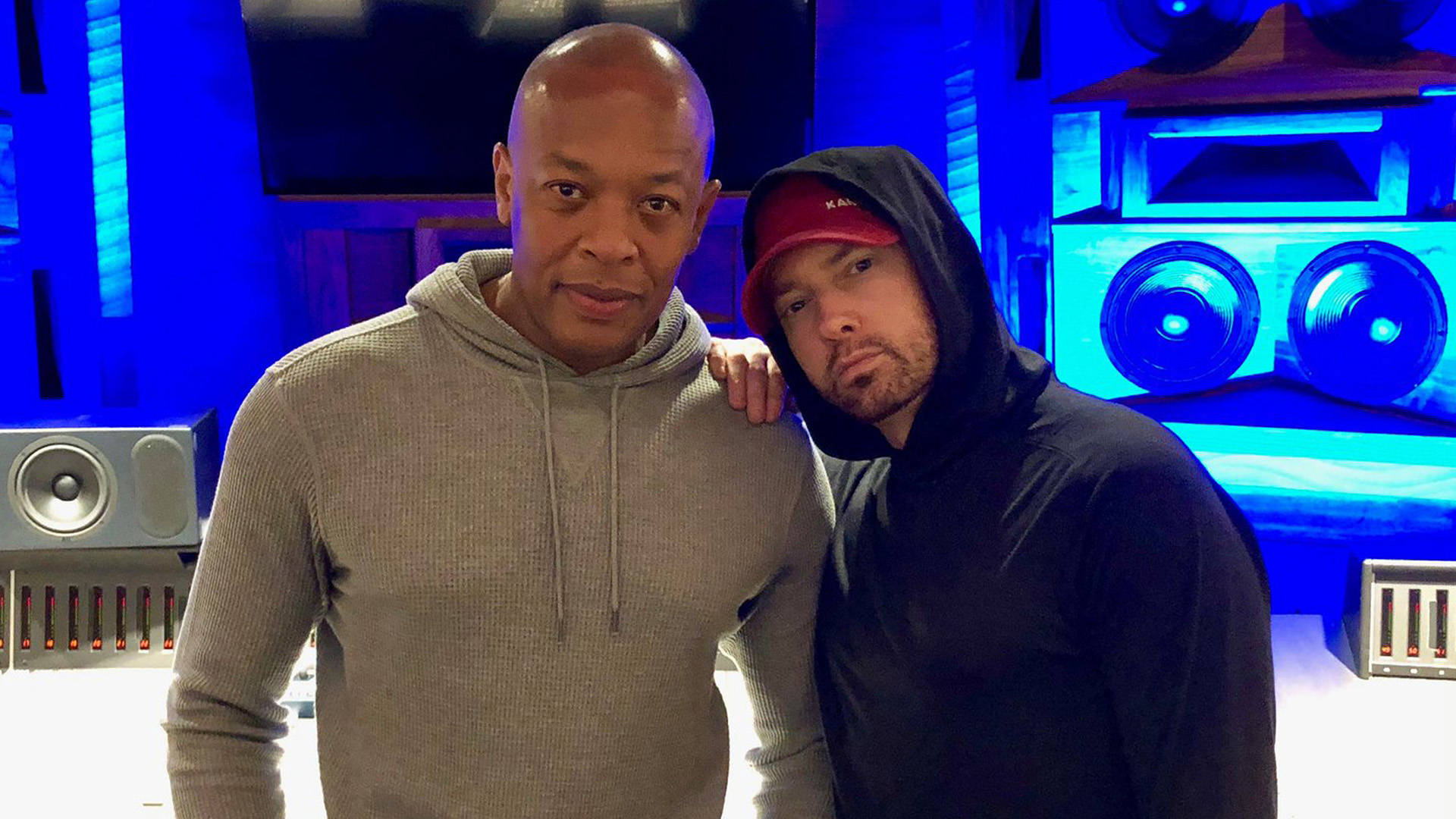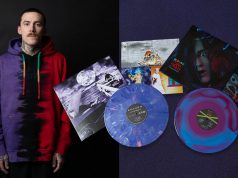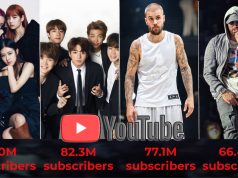Dawaun Parker, also known as D-Park, is a Grammy-winning musician who together with Dr.Dre worked for 50 Cent, Jay-Z, Raekwon, Kendrick Lamar, Snoop Dogg, T.I. and many more. He is credited on six tracks from “Music To Be Murdered By” – starting with “Intro” and finishing with “Outro”.
Hip-Hop-N-More did a big interview with him and, as expected, the majority of questions was in fact an attempt to learn how Eminem approached this record.
However, Dawaun Parker is not the one who can share juicy details or encourage speculations. He works on music and this is the main thing that concerns him.
I actually want to talk about that intro because Em comes out blazing on that and started the album on some note. How did that come about? Did you know that he had picked that beat, he was gonna rap on that for the intro? Did you know that already?
No. You don’t know anything really until they give you paperwork (laughs). And even then, you know, they still may call an audible at the last moment. But that’s when you have a sense of like ‘okay, there’s gonna be something there I guess’ and yeah I’ve been in this business long enough to still kind of wait ‘til everyone else hears it, that’s kind of when you believe it too.
On the second half, you’re a co-producer on three consecutive tracks; ‘Never Love Again’, ‘Little Engine’, ‘Lock It Up’. All of them are with Dem Jointz, Dre and Trevor Lawrence Jr. How do you guys get together? Just run me through the process of how you get together and produce and compose on a song together.
Well for those particular sessions, and shoutout to everyone who contributed by the way, but I would describe it is basically that we were like a jam band of producers. We were like a band that already knows how to make beats as well so it just makes kind of like, a unique experience and Dre’s the coach of that. So yeah, we were just there creating ideas. I hate to use the term ‘vibe’ or whatever, but we’re just vibing out basically. When we lock in on something that everyone seems to like, we push the button on it and then go to the next idea, really. It’s not really anything more complicated than that. We get to see a lot of different studio footage these days, right? If you look at YouTube you see all kinds of producers, all kinds of people in the studio and you get glimpses of what people want you to see, but I think that we still, for the most part, get a sense of what it’s like when people are making a track together. There’s a few of us and we can play instruments, we can program drums, we can chop and we can just all do everything. And so we just all pick a piece when we’re all vibing together just like a band, you’re playing a part. That’s pretty much it. It’s really no different than when other groups of people collaborate.
When a particular beat gets to Em, does he know who did all of those beats? Is he selective like that? If Dre hands over something to him or if something comes to him, he performs on it and the rest of it happens later? Or does he know prior that Dawaun did it or Dem Jointz are on it or whoever is on it.
It would be hard to say for every track that’s been made, and that’s not something I really ever think about but I’ve been in the studio with Em, you know, he’s been there. So I’d imagine that he knows who’s contributing and yeah, I think that he’s aware of all the process.
So on this album as well, he was in the studio for a little bit on some of the tracks I’m guessing?
Yeah. We got to spend some time with him in the studio for this project. Not the entirety of it obviously, but yeah.
A lot of listeners get confused with Dr. Dre’s role as a producer like ‘does he actually make beats? Does he mix? What does he do?’ Can you explain to the layman what the process is of him as a producer as opposed to just a beatmaker? How does that work?
Well I’d like to answer that by giving my perspective about just what a producer is period and obviously someone like Dre will match that description or that will describe him. A producer is a person who helps bring the artist’s vision into fruition and there are different methods of achieving that. Before there was ever a Hip-Hop genre, there were producers. So what did they do to produce a record? Did they make a beat? No. Did they play all of the instruments? No. Did they write the song? Not necessarily that either. But what they might have done was they might have put all of that together. They might have said ‘these strings need to be over here and we’re going to get this singer and we’re going to get this person to write it’, bringing all of that together and making the in-studio decisions and helping to get everyone’s best performance for the particular record, that’s the producer. Now we know with Hip-Hop, there became a new genre which had a new method of creating music and so that means that our definition and our concept of what production is has to adjust and evolve. There are people who are making beats and I think that we, besides drum programming or sample manipulation or something or giving them credits that read ‘made the beat’, we say they were the producer. And now we have a lot of beatmakers who say they’ve produced, but they only make beats. And that’s not to diminish them or belittle them, but the difference is, I can say it like this and Dre has said this before so I learned this from him, “once you make the beat, you’ve still got to produce the record”.
How long did Em work on the album, any idea?
No idea whatsoever. Yeah, none whatsoever. Didn’t even know there was gonna be an album, like I said, until pretty shortly before everyone else. I knew before it dropped but not long before that.
I don’t remember exactly but I saw a report that the album was originally supposed to release in December sometime but pushed back because he couldn’t finish it in time. Is there any truth to that?
I mean around that time is when we knew that there may be a project, when we started to hear rumors about one too just like everyone else so I don’t know if there was an intended release date but perhaps that’s what fuelled that in retrospect people like ‘well I heard that there might have been a thing, so it probably was supposed to come out then’. But really when it comes to all of those kinds of things, I, maybe even more than average, I don’t pay attention to that stuff (laughs). I really, really don’t. As cliché as it sounds, I’m really just focused on what I can contribute musically. That can be challenging at times, but that’s always my goal. I’ve also been in the business long enough now to learn that intended release dates and all of the ancillary stuff that comes with it, that stuff changes and it’s elastic. Also, I don’t want outside opinions and that kinda stuff to affect what I’m doing in the studio, to be worried about expectations and all of that stuff, especially for things that I’m not in control of. I’m being asked to contribute to these records, you know? They’re not my records. So I’m just thankful to be a part of them and that’s where it ends, I go onto the next thing.
You can read the interview in full on HipHop-N-More












